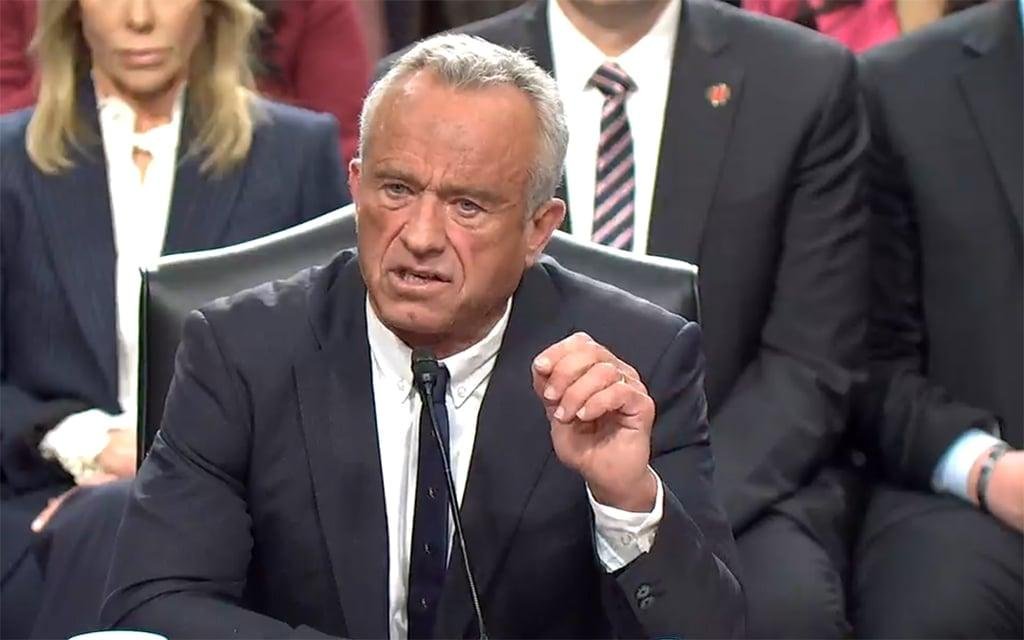Business
Firing Frenzy at Federal Health Agencies Shatters Public Records Processing Offices

Public access to vital government records is facing significant setbacks following recent layoffs at the federal Department of Health and Human Services (HHS). Transparency advocates warn that this move compromises the management of illnesses, faulty products, and safety issues in health facilities.
According to insiders, mass firings led by HHS Secretary Robert F. Kennedy Jr. have impacted staff members responsible for processing Freedom of Information Act (FOIA) requests at the Centers for Disease Control and Prevention (CDC), the Food and Drug Administration (FDA), and the National Institutes of Health (NIH). Current and former employees, who requested anonymity due to potential retaliation, confirmed the changes.
The FOIA is a critical transparency law enacted in 1966 that mandates federal agencies to release government documents, allowing for scrutiny of official actions. It serves essential functions for reporters, advocates, businesses, and the public alike, contributing to accountability in government and revealing issues such as corruption and public safety threats.
Peter Lurie, president of the Center for Science in the Public Interest, expressed concerns that the staff reductions will severely impact patient safety. He noted that promises of increased transparency ring hollow when the very personnel tasked with oversight are dismissed. “You need FOIA to be able to take the lid off that,” he remarked.
HHS officials, however, have not clarified how they intend to manage FOIA requests under the new structure. In a statement, spokesperson Vianca Rodriguez Feliciano indicated that the focus would be on streamlining operations within HHS but provided no specific details on staff replacements or timeline.
Gunita Singh, staff attorney for the Reporters Committee for Freedom of the Press, highlighted that the layoffs will likely exacerbate the existing delays in record releases, which already could take months or years to fulfill. “What we need to be doing is the opposite of what’s happening now: hiring more staff,” she proposed.
FOIA requests have previously led to critical information disclosures, including FDA documents during the COVID-19 pandemic that contradicted endorsements of hydroxychloroquine. Researchers rely on FOIA to access clinical trial data and adverse event reports for medical products, ensuring they can substantiate claims about safety and efficacy. Lurie emphasized the importance of this data in combating misinformation regarding vaccines and other health products.
The repercussions of staff reductions could hinder scientific research and legal advocacy, leaving the public less informed about regulatory practices and health industry operations. Michael Morisy, CEO of MuckRock, emphasized that a lack of oversight could result in negligence in consumer safety. “Companies may become more lax with food safety,” he cautioned.
As of now, thousands of pending FOIA requests remain in limbo, with the CDC, FDA, and NIH having received over 15,000 requests during the last fiscal year. Legal and investigative entities are among those seeking clarity on a range of health-related topics, which could be further complicated by staffing issues.
Morisy and Singh raised alarms over the potential knowledge loss due to staff cuts, arguing that effective FOIA management requires familiarity with complex agency structures. “We are sacking the entire staff and all of that knowledge,” Morisy stated, expressing skepticism about the future efficacy of FOIA functions under the current conditions.

















